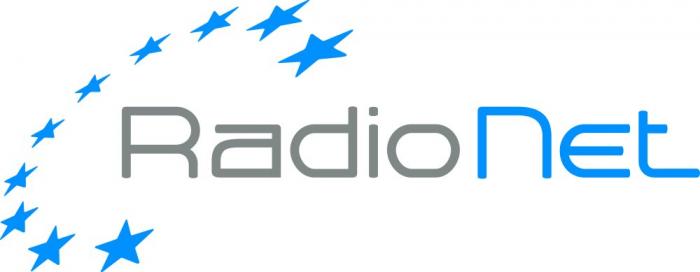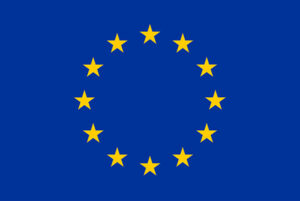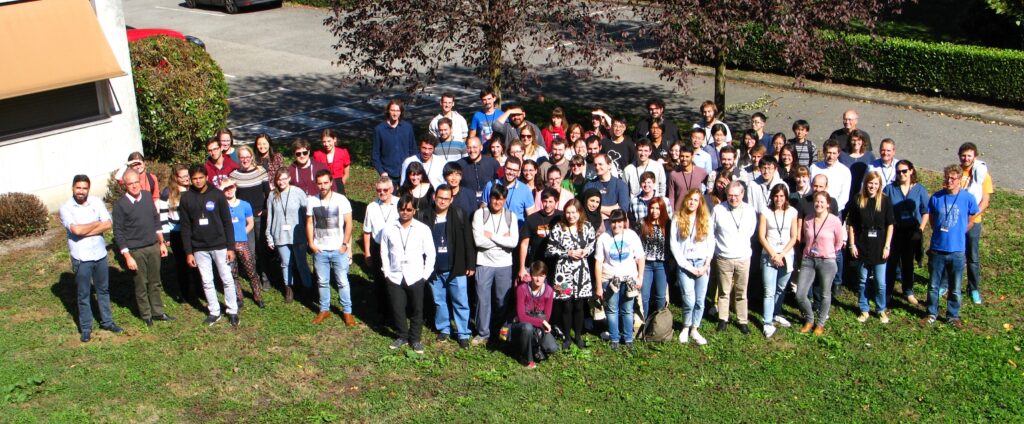The 10th IRAM Millimeter Interferometry School was held from October 1 to 5, 2018 at the IRAM headquarters in Grenoble, France. It provided participants with a structured introduction to millimeter-wave interferometry, covering both theoretical concepts and practical applications. The program was designed to equip doctoral students and postdoctoral researchers with the necessary skills to work with interferometric data, with a strong focus on the NOEMA interferometer and its data processing tools.
Through a combination of lectures by IRAM experts and hands-on tutorials, participants gained a solid foundation in calibration, imaging, and data analysis. The program also included an introduction to ALMA, providing a broader perspective on millimeter interferometry techniques. The 2018 program served as a training opportunity for researchers aiming to work with NOEMA or other millimeter interferometers and to prepare them to effectively process and interpret interferometric data.
Lectures were combined with practical exercises when possible to ensure that participants not only understand the theoretical background but also gain hands-on experience with real data.
Fundamentals of millimeter astronomy – An introduction to millimeter-wave astronomy and key interferometric principles
- Millimeter wave astronomy (R. Neri)
- A sightseeing tour of mm-interferometry (J. Pety)
- Millimeter wave interferometers (F. Gueth)
NOEMA – Understanding the NOEMA interferometer, its capabilities, and how to use it effectively, including proposal preparation and spectral setups.
- The NOEMA interferometer (R. Neri)
- How to use NOEMA (M. Krips)
- PMS (Proposal Management System) (C. Lefèvre)
- NOEMA spectral setups (J. Boissier)
ALMA – An overview of ALMA and its operations to complement NOEMA-based studies.
- ALMA & how to use it (E. Chapillon)
Calibration – A dive into calibration techniques, covering absolute flux calibration, instrumental effects, and single-dish calibration.
- Calibration principles (F. Gueth)
- Atmospheric phase calibration (M. Bremer)
- Single dish calibration (C. Kramer)
- Absolute flux calibration (M. Krips)
- Instrumental calibration (V. Piétu)
Imaging and Data Analysis – Methods for interferometric imaging, deconvolution, mosaicking, self-calibration, and low SNR data handling.
- Imaging and deconvolution (J. Pety)
- Imaging and deconvolution: mosaicking (J. Pety)
- Low signal-to-noise data analysis (F. Gueth)
- UV-plane analysis (C. Herrera Contreras)
- Self-calibration (V. Piétu)
- Pipeline (A. Castro-Carrizo)
GILDAS Software – Training on the use of the GILDAS software package for data calibration and analysis.
- The GILDAS software package (J. Pety)
All presentation files are in PDF format, and the use of their content should be appropriately referenced in academic or research work.
This event had received funding from the European Union’s Horizon 2020 research and innovation programme under grant agreement No 730562 [RadioNet].




